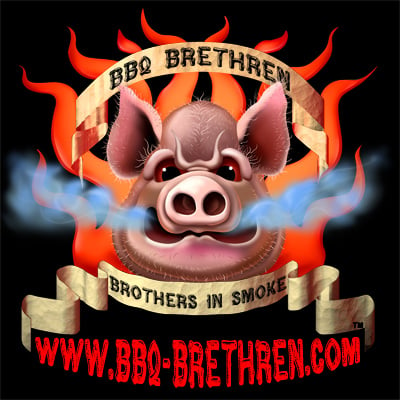horizon23
Is lookin for wood to cook with.
There have recently been a proliferation of articles arguing that BBQ is a form of cultural appropriation based on the premise that it was the exclusive domain of slaves in the antebellum south. Is this true? Did working class whites not BBQ and contribute to its development (it has been argued preference for pork butt in Western Carolinas and the creation of ketchup and mustard based sauces is a German influence, and the original mop sauce is based on a old English sauce of butter, salt, cayenne pepper and black pepper). I'm somewhat of a amateur food historian so I am curious.
https://www.reddit.com/r/smoking/comments/kd4x1o/can_white_people_smoke_meats_without_engaging_in/
https://www.republic-online.com/new...cle_113b15e2-f1d4-11e9-8631-c353b4b1f564.html
https://www.reddit.com/r/smoking/comments/kd4x1o/can_white_people_smoke_meats_without_engaging_in/
https://www.republic-online.com/new...cle_113b15e2-f1d4-11e9-8631-c353b4b1f564.html









